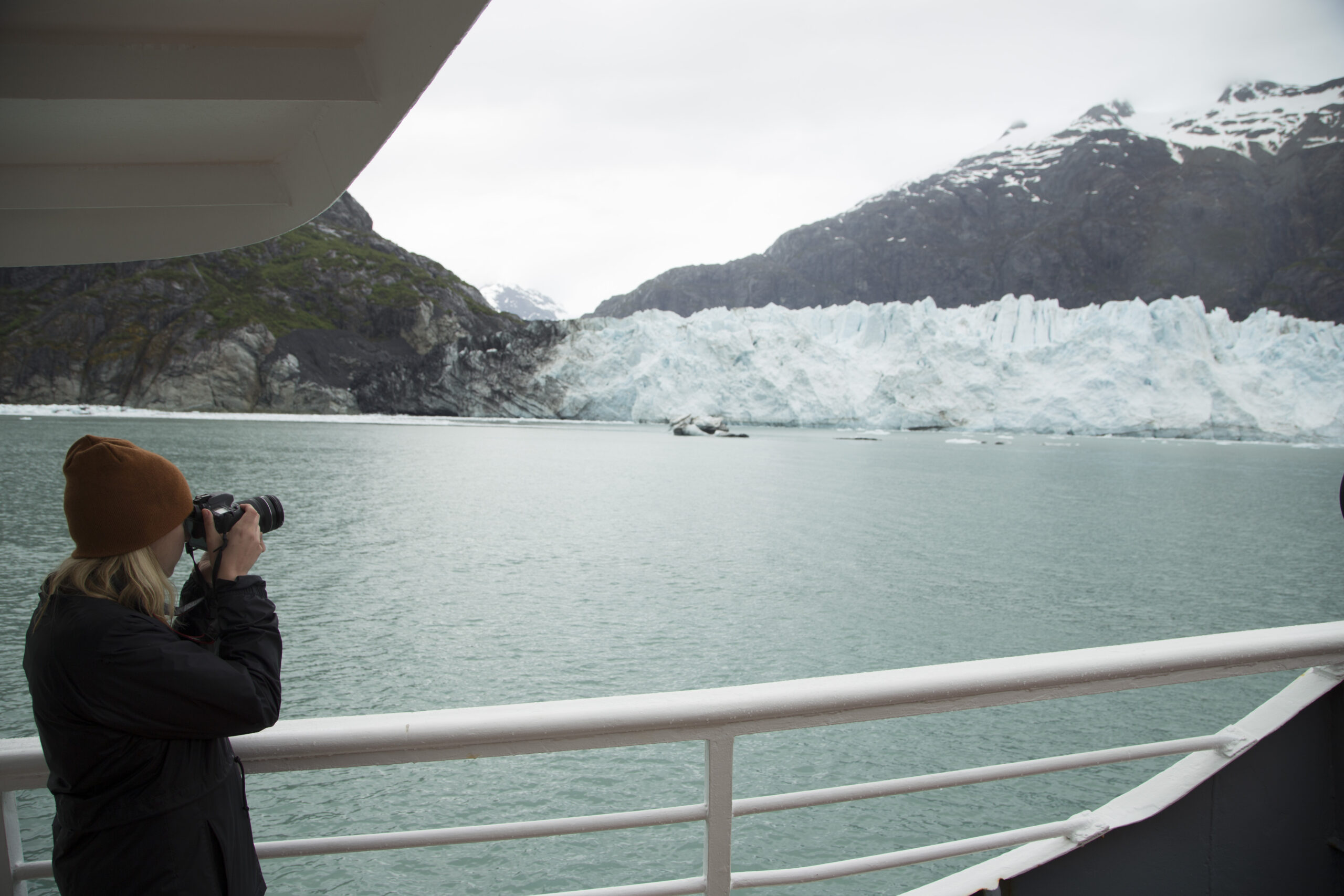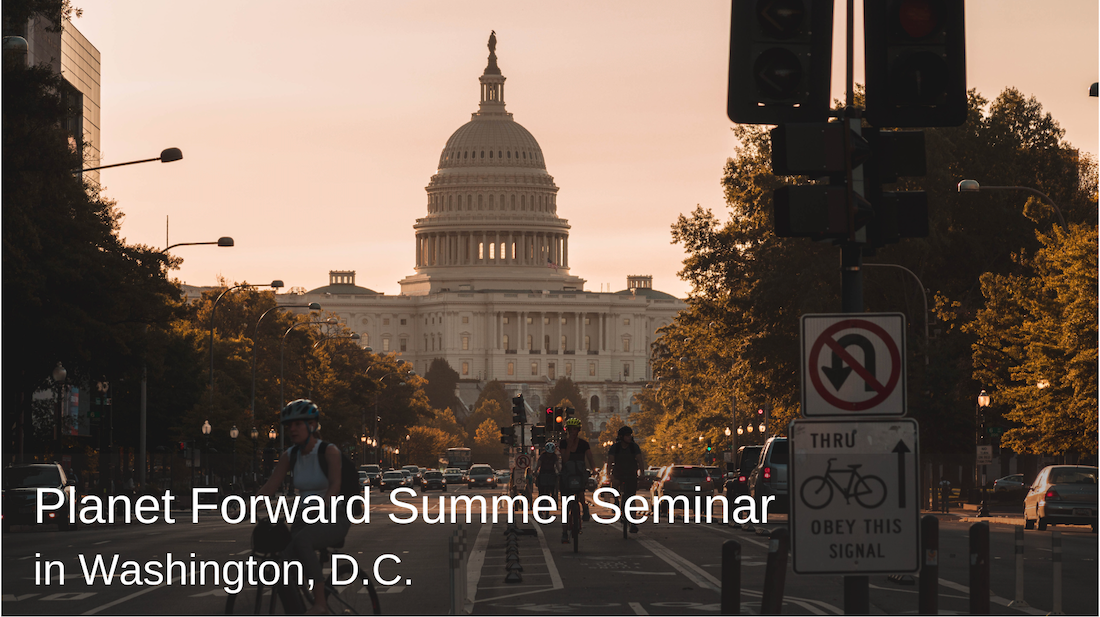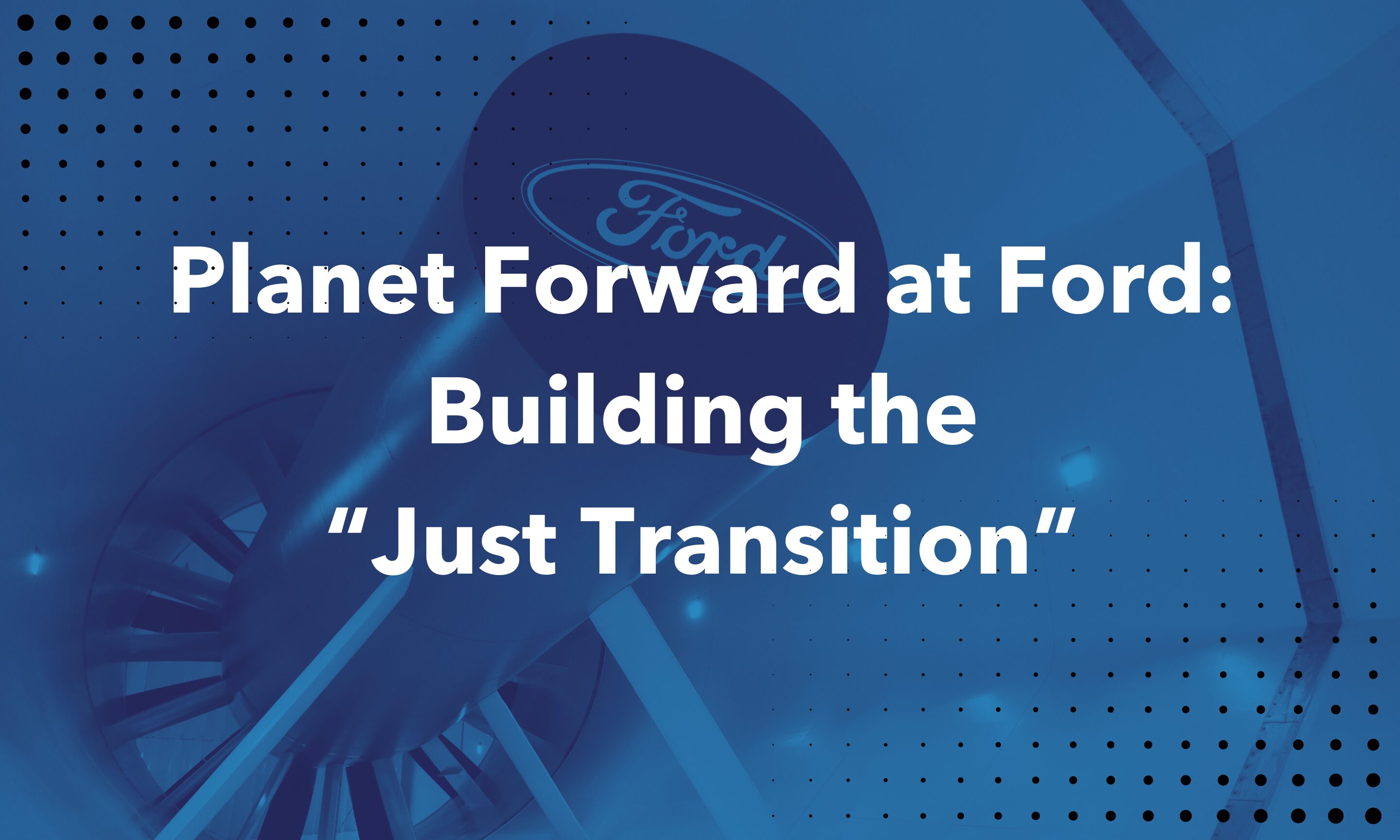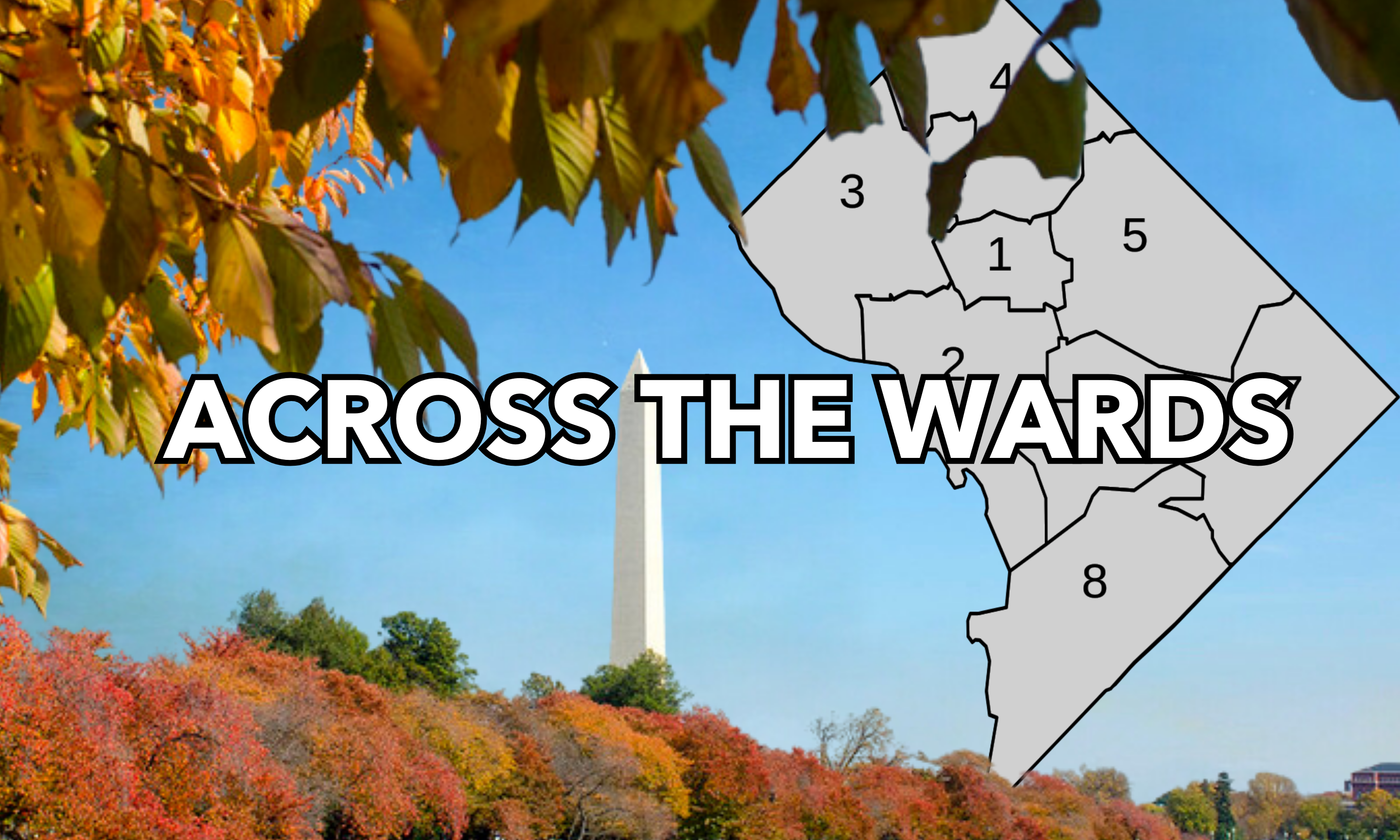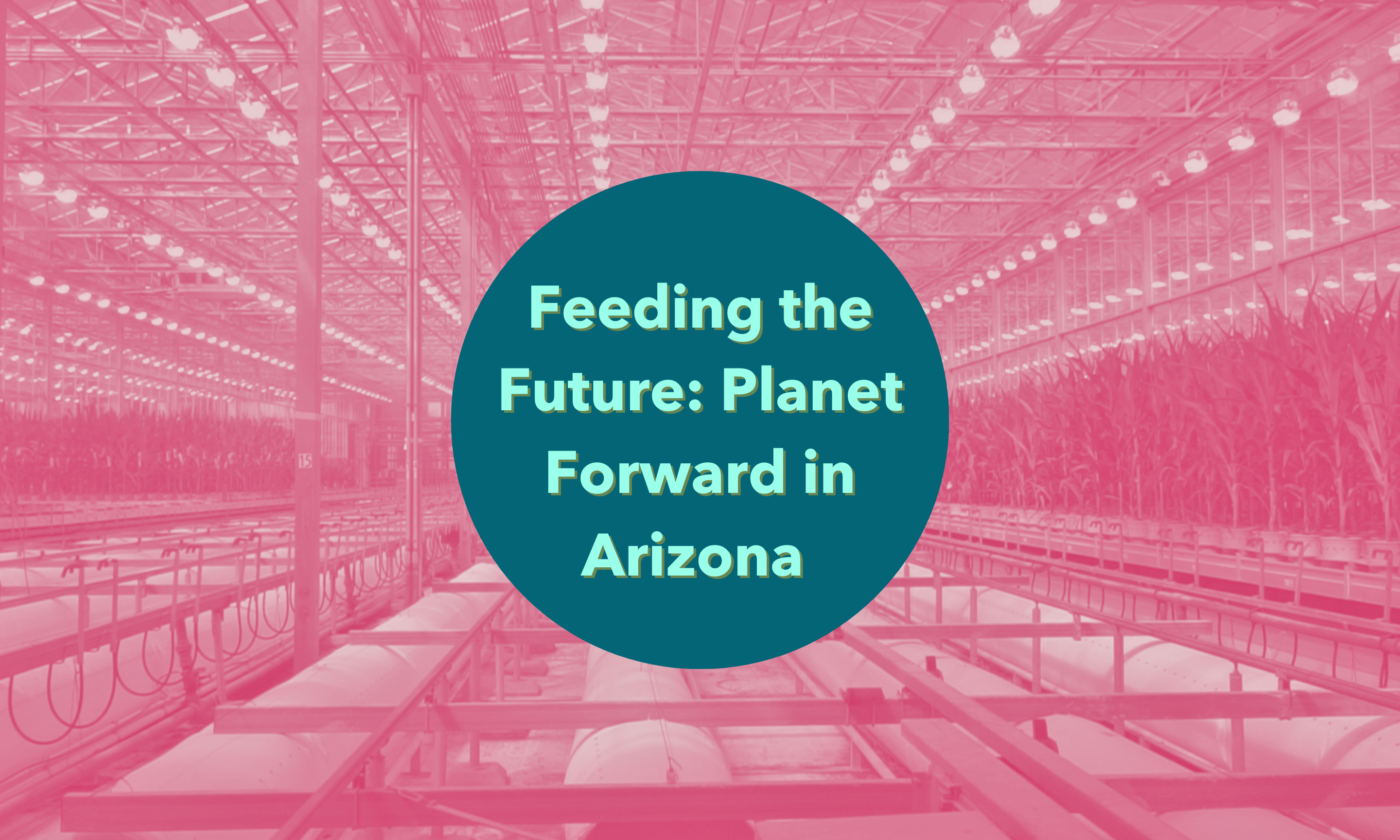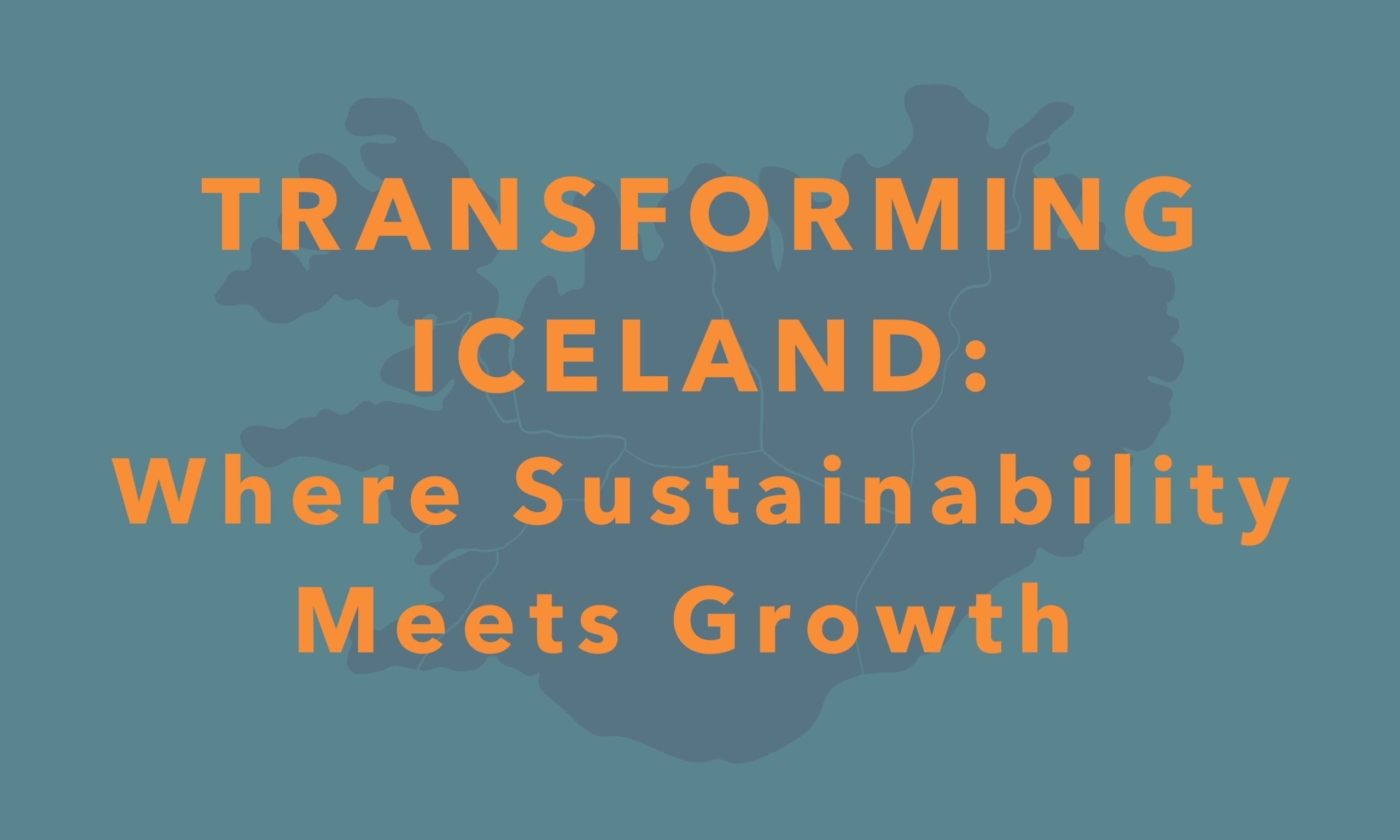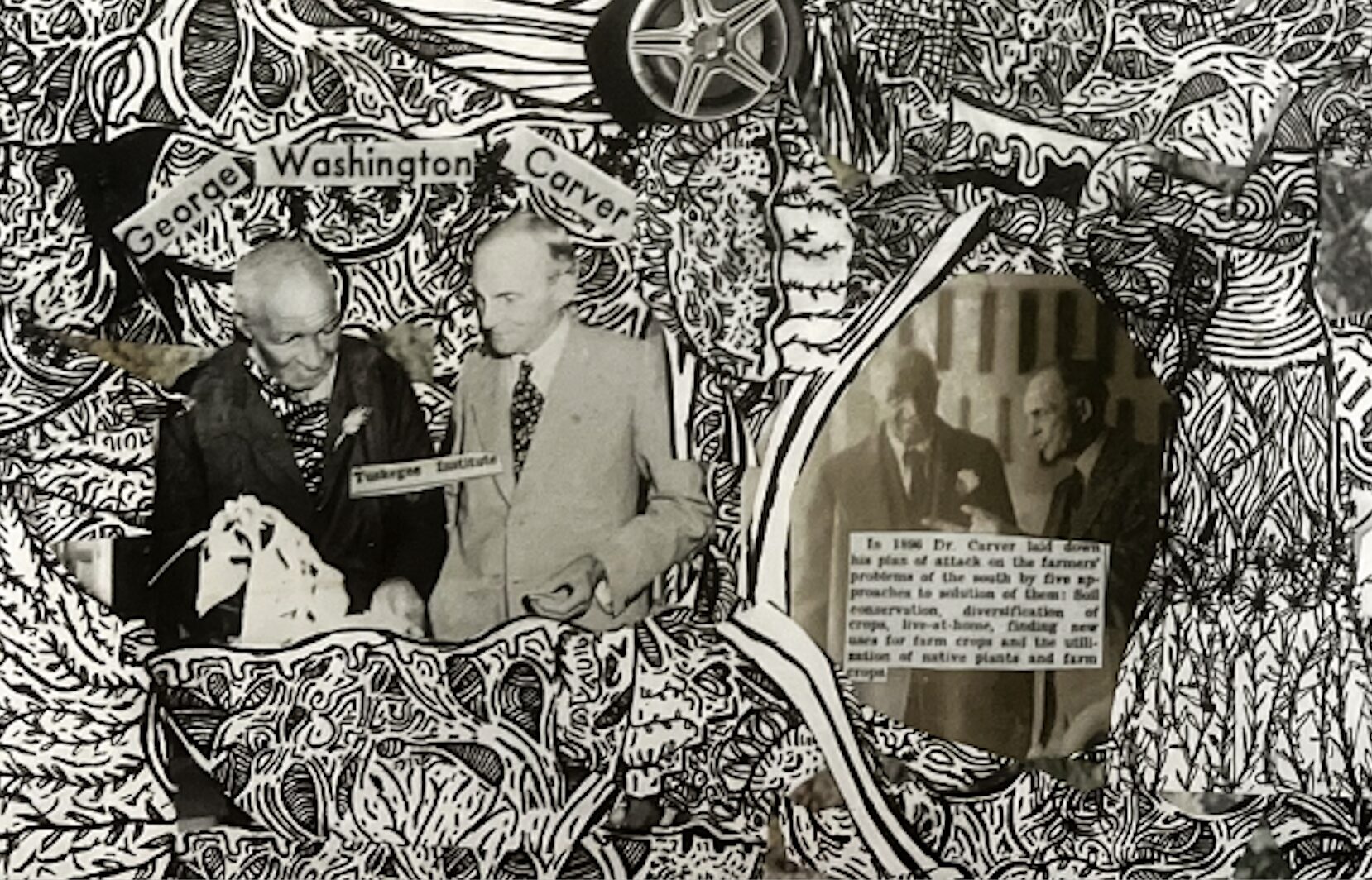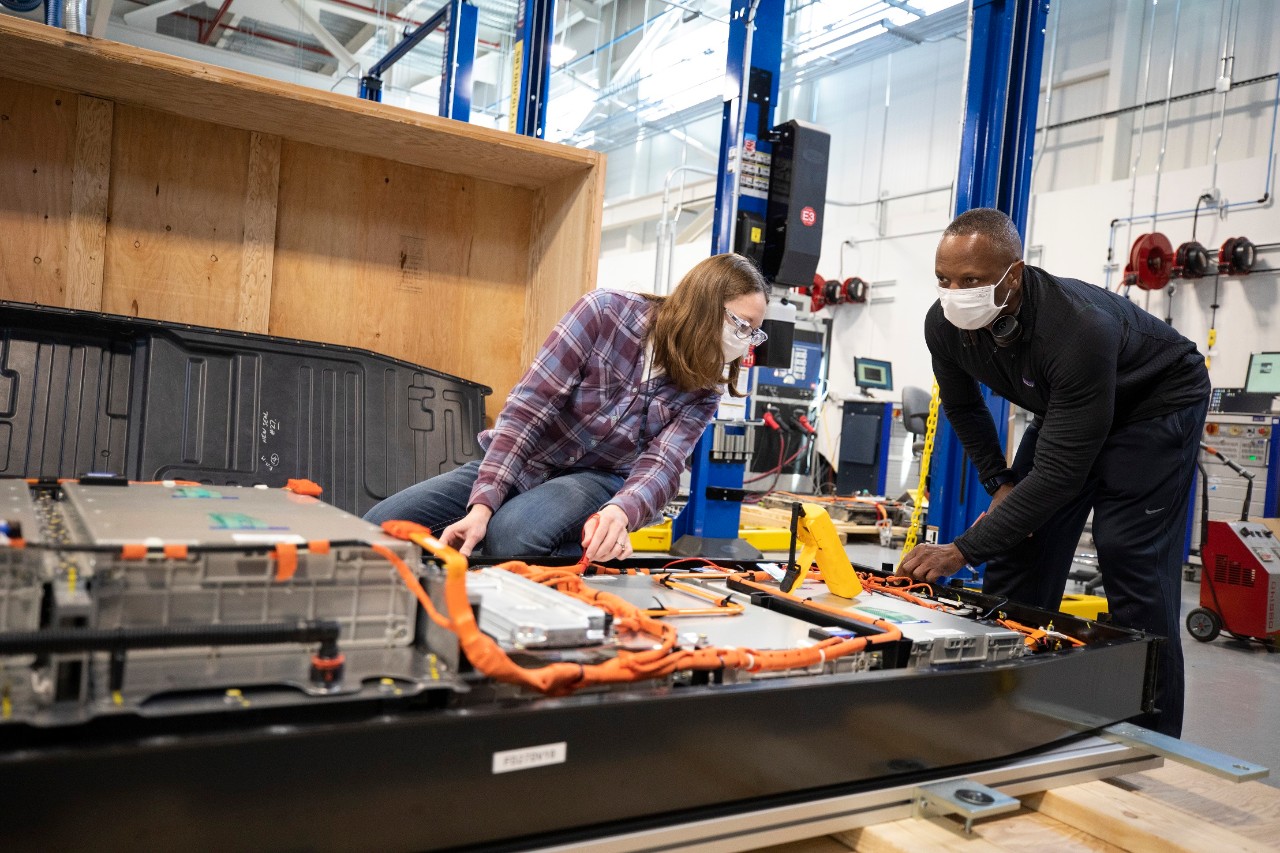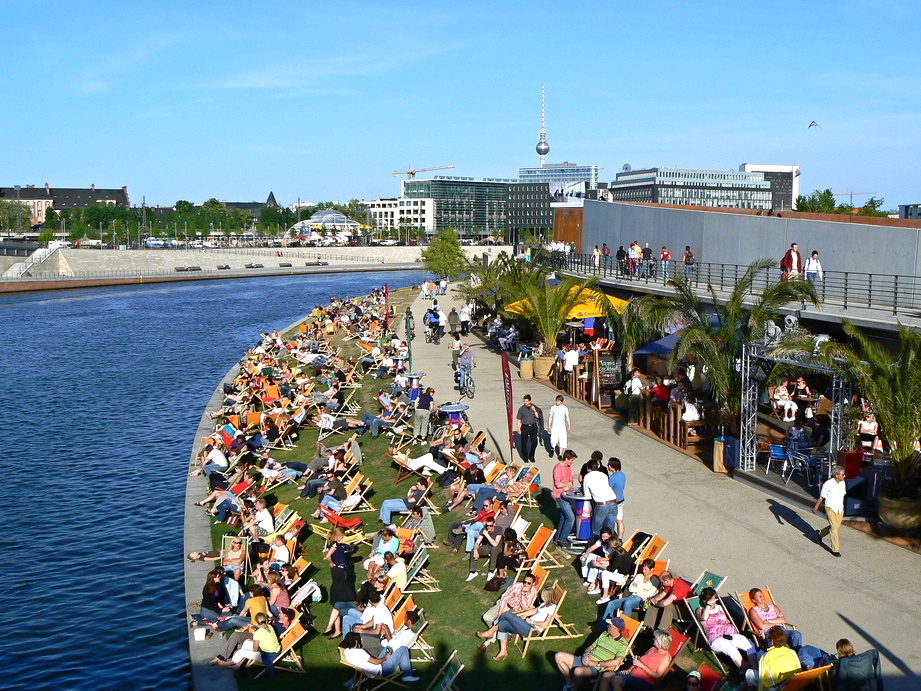
Livable City Prototype

Just tweaking what we do now will not work. My idea is to start over with a franchised city plan and grow the cities of the future like an organism. It is impossible for me to put what I’ve been working on into just one of these categories. There is not just one thing that will fix the mess we are in. We need to compact our metropolitan areas. We need walkable cities.
My plan would set a maximum city size of 50,000. And I would put everything that the city needed within a nine mile square, with residential, commercial, and institutional structures occupying the central square mile. That means that everyone would live no more than a mile from anywhere. The first city would be started by subscription of 20,000 to 25,000 individuals who purchase a single share of stock in the city franchise. The name of this city would be Adastra Prime.
Once the subscription process was complete, a site would be chosen in a rural area of a low population state like Kansas. Necessary for the plan to work would be easements for an elevated railway line which would follow an established roadway to the nearest metropolitan area. When the city was built and occupied additional subscriptions and residents would be solicited. Some might sell their interest and move elsewhere while new residents move in. It would be a dynamic population. There would be manufacturing, agriculture, hospitals, schools, a university or college, a sports arena, retail and commercial enterprises, all owned or leased by the franchise, and thus owned by all the residents. There would be only one ironclad rule, every stockholder in the franchise would also need to be a resident on a franchise holding.
At some point before the “magic” 50,000 residents level is achieved, there would be a second property purchased and subscriptions would be taken for a new city, to be linked to the first city by a raised high-speed rail line and following the same plan as Adastra Prime. The new city would be called Adastra II. There would be no developments other than agricultural, waste water recycling, and energy harvesting allowed in the zones around the cities. All high maintenance roadways would be decommissioned in the areas controlled by the cities. Everyone would have their own green space, as well as common “greenways,” and green spaces would be scattered throughout the city. No one would need a car because the cities would be walkable, there would be personal transports when walking was not practical or for handicapped or elderly residents. A pneumatic delivery system would handle transport of goods to each business and residence. There is no need to wait for some enabling technology. These cities could be built today.


